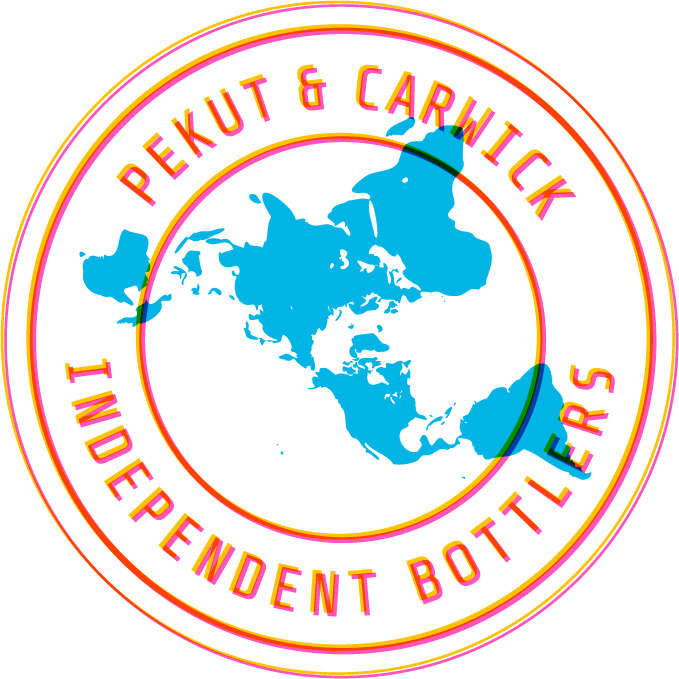How to taste at cask strength

It can be challenging to get into drinking cask strength spirits.
You've got the marketing hype cheering you on (elegant bottles, beautiful labels, engaging content), but that almost makes it worse if you're struggling to get around the high alcohol content.
Here's how F. Paul Pacult, a "renowned spirits authority", describes it:
"Analyzing spirits is far more demanding in nature and practice than scrutinizing wine, sake or beer, which are all fermented beverages. This is primarily due to the elevated alcohol by volume levels of the majority of distilled liquids... High alcohol content automatically makes spirits significantly more complex than their fermented cousins."
Like I wrote in last week's email - alcohol alone isn't especially nice tasting - and it burns, to boot.
So how do we get around that?
Most professional tasters rely on a few basic general strategies:
- First off, go slow! There's no rush here. This is not a shot! We're not drinking for the psychoactive effects.
- Have some plain water standing by. If your taste buds are dry, you'll likely blow up your palate before they have a chance to go to work.
- Recognize your limits. Palate fatigue comes on quickly with spirits, so be intentional with your time and have lots of water between tastes.
- Notice a theme here? All of these things also help to keep you from getting inebriated - which is bad for tasting.
If you're good with all of that, then here are some pointers:
- Use your eyes: what color is the spirit?
- Use your nose: approach slowly! Breathing in through your nose and mouth simultaneously helps dampen the sharp ethanol aroma.
- Use your palate: take a sip (no swishing, there's too much ethanol). What is the texture of the spirit? Is it thick and viscous? Or is it thin and watery? Do the flavors linger?
- Use your brain: What do the aromas and flavors remind you of? Say the words out loud or write them down. Forcing the ideas out into the real world will help you remember, practice, communicate.
For more in-depth explanations from some people who taste distilled spirits professionally, check out F. Paul Pacult's Tasting and Rating Spirits page, the excellent courses available from the Wine and Spirits Education Trust (WSET), or just stay tuned here.
We've got a lot to say on the subject.
In the meantime, stroll on over to one of our retail partners and pick up a bottle, or browse our online shop.

